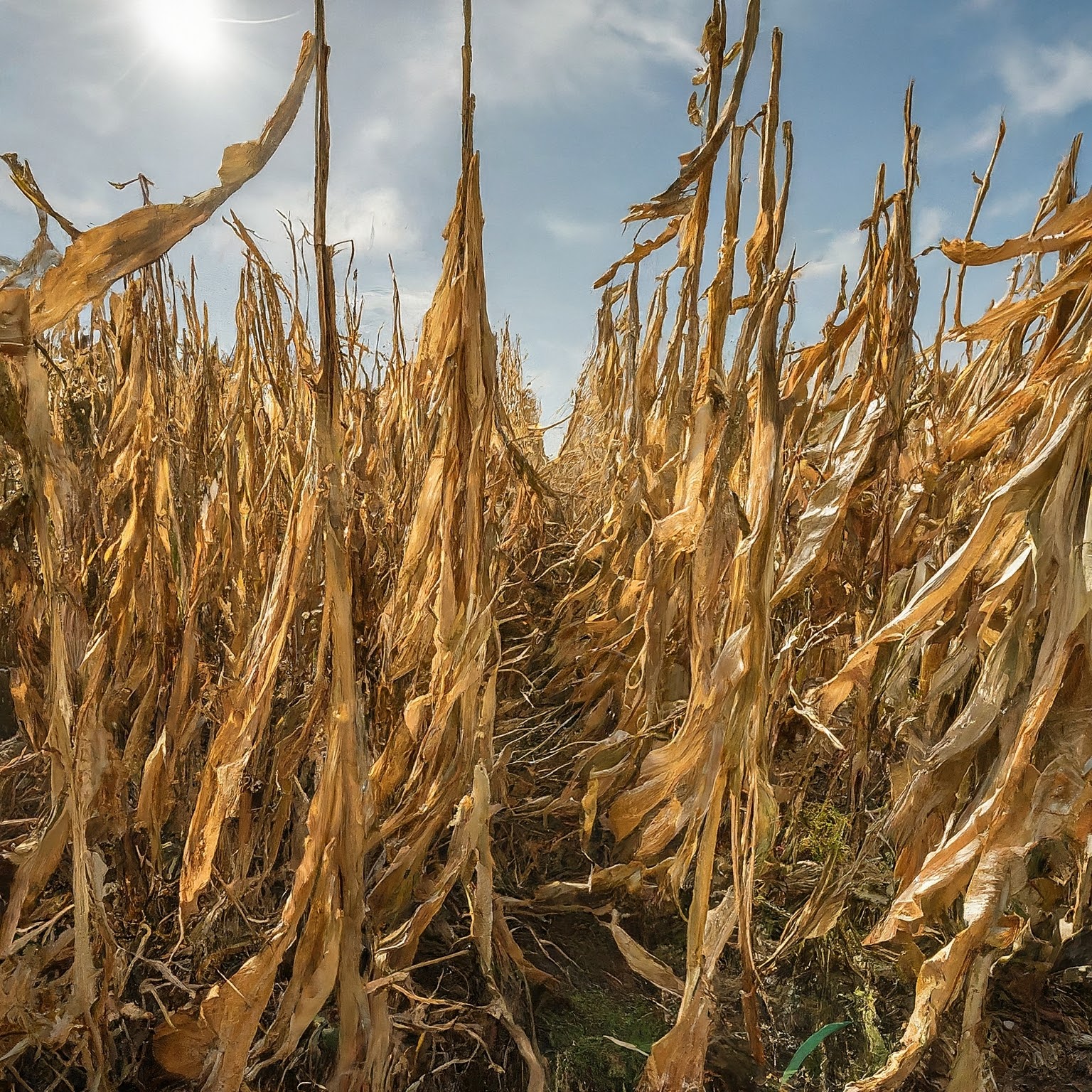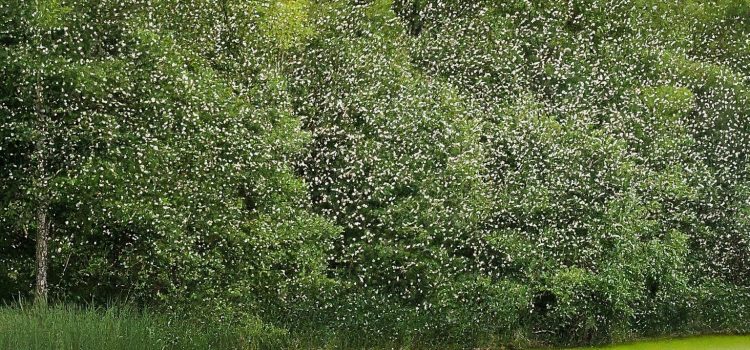
Introduction
Dr. Alice Green has spent the last two decades working in public health. Witnessing the rise of climate-related illnesses firsthand has fueled her passion for environmental advocacy. Today, she wants to share some alarming truths about how our changing climate is impacting human health.
A Feverish Planet: Climate Change and Human Health
Climate change isn’t just about rising sea levels and scorching summers. It’s also a public health crisis. A warming planet disrupts the delicate balance of our environment, creating ideal conditions for the spread of disease. From heat stress to the expansion of mosquito habitats, climate change is making us sick in a multitude of ways.
Mosquitoes on the Move: How Warming Temperatures Affect Disease Vectors
Mosquitoes, notorious for transmitting diseases like malaria, dengue fever, and Zika, thrive in warm and humid conditions. Climate change is causing winters to be shorter and milder, allowing mosquito populations to expand and their breeding seasons to lengthen. This means a higher risk of mosquito-borne diseases reaching new areas and infecting previously unaffected populations.
Water Woes: Climate Change and the Rise of Waterborne Illnesses
Heavy rains and floods, both consequences of climate change, can contaminate freshwater sources with sewage and other harmful pollutants. This creates a breeding ground for bacteria like E. coli and Vibrio cholerae, causing waterborne illnesses like diarrhea, cholera, and typhoid. Additionally, rising temperatures can lead to harmful algal blooms in lakes and rivers, releasing toxins that can sicken humans and animals alike.
From the Ground Up: Foodborne Illnesses and a Changing Climate
Climate change disrupts agricultural practices, leading to changes in temperature, humidity, and precipitation patterns. These changes can create ideal breeding grounds for bacteria and mold on crops, increasing the risk of foodborne illnesses. Additionally, extreme weather events can damage food storage and transportation infrastructure, leading to contamination and spoilage.

Climate Change and the Rise of Diseases
| Disease | Climate Change Impact |
|---|---|
| Mosquito-borne diseases (malaria, dengue fever, Zika) | Warmer temperatures, longer breeding seasons for mosquitoes |
| Waterborne diseases (diarrhea, cholera, typhoid) | Heavy rains, floods contaminating water sources |
| Foodborne illnesses | Changes in temperature, humidity affecting crops, extreme weather events damaging food storage |
| Heat stress | Rising temperatures leading to dehydration, heat stroke |
| Respiratory illnesses | Air pollution from wildfires, dust storms |
Adaptation and Resilience: Protecting Ourselves in a Changing World
While the situation may seem bleak, there are steps we can take to adapt and build resilience. Individuals can practice safe water sanitation habits, stay informed about disease outbreaks, and prioritize local, sustainably grown food. Communities can invest in improved water infrastructure and early warning systems for extreme weather events.
The Doctor is In: What You Can Do to Stay Healthy
Dr. Green emphasizes some simple yet effective ways to stay healthy in a changing climate:
- Stay hydrated: Drink plenty of clean water, especially during hot weather.
- Practice good hygiene: Wash your hands frequently and thoroughly, especially before eating and after using the restroom.
- Be mosquito-smart: Use insect repellent, wear long sleeves and pants when outdoors, and eliminate mosquito breeding grounds around your home.
- Stay informed: Follow public health advisories regarding water quality and potential disease outbreaks.
Conclusion: A Call to Action for a Healthier Planet
The link between climate change and human health is undeniable. By taking action to mitigate climate change and adapt to its effects, we can protect ourselves and future generations from a growing list of climate-related illnesses. Let’s work together to create a healthier planet for all.










